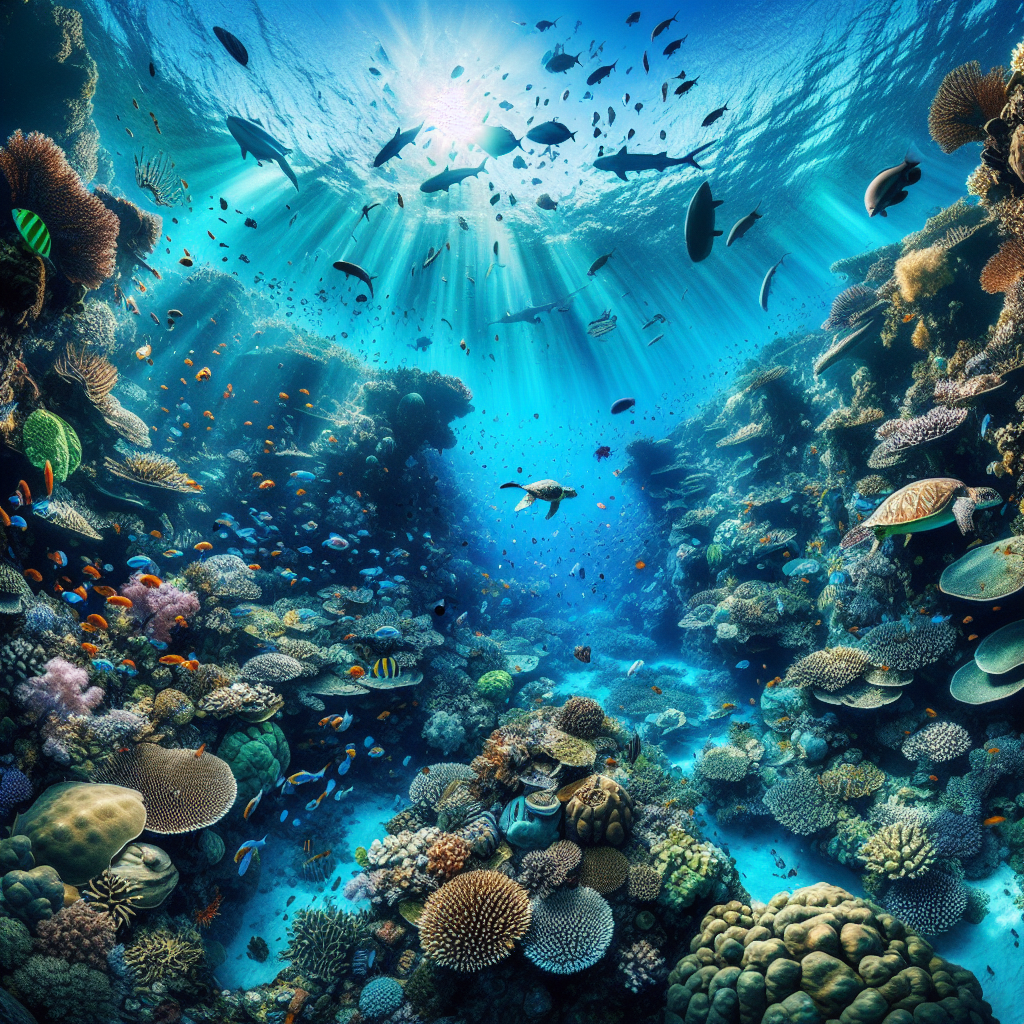A New Era for Coral Conservation: Collaborations in the Great Barrier Reef
The Great Barrier Reef faces threats from climate change, prompting scientists to use biobanking methods while involving traditional custodians in the conservation process. Collaborative efforts emphasize cultural respect in coral restoration protocols, forging new traditions that intertwine Indigenous and scientific knowledge to nurture reef resilience.

- Country:
- Australia
The Great Barrier Reef, a crucial ecological treasure supporting 64,000 jobs and valued at AUD 6.4 billion, is under threat from climate change. Scientists are utilizing biobanking techniques, gathering coral sperm during annual spawning for future reef restoration via 'coral IVF'.
Recent efforts have focused on integrating the valuable input of traditional custodians, crucial to the area, in decision-making processes. Around 70 First Nations groups are recognized custodians, bringing cultural insights into the conservation strategies. Scientists and Indigenous communities are working together, particularly on Konomie Island, to ensure culture-sensitive approaches.
This partnership has led to the development of new protocols, balancing scientific and cultural imperatives. These efforts signify the importance of effective collaboration between Western science and Indigenous practices to address the challenges of climate change impacting the reef, emphasizing enduring cultural connections and consent in conservation methodologies.
(With inputs from agencies.)










